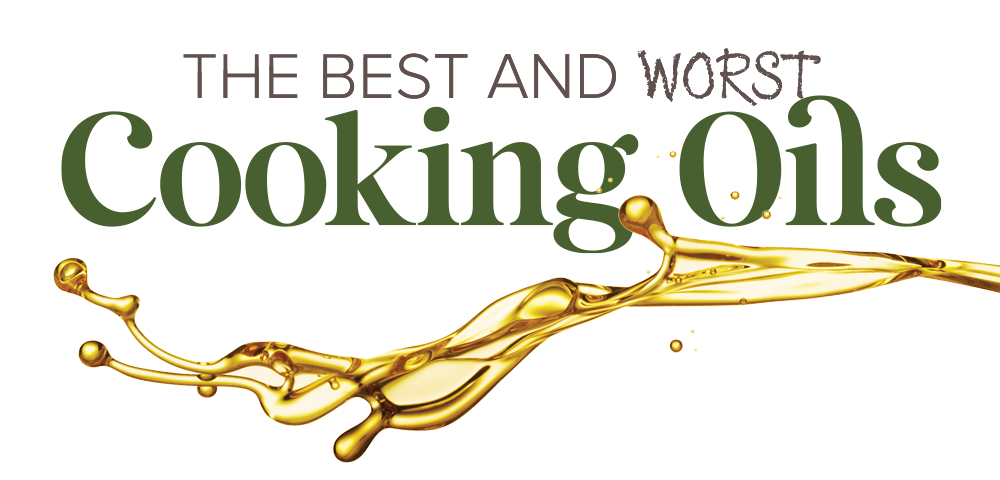
How do you decide which cooking oil to use? What factors impact your purchasing decision?
Understanding the impact of something as simple as cooking oil on our health is essential. As consumers, we need to educate ourselves about the benefits so we can make good decisions for our health.
In the beginning… After much debate throughout the decades on whether animal or vegetable fat (safflower, sunflower, margarine, and corn oil) is superior, it finally feels like we’ve turned a corner. It was in the 1990s that the truth about the dangers of vegetable oils surfaced. Vegetable oils were developed at a time when there was a strong backlash against animal fats, and the role of saturated fats in the diet was misunderstood. Vegetable oils were a food manufacturer’s dream, as they are inexpensive to produce and extend the shelf life of food. Popular vegetable-based cooking oils are heavily processed, subjected to high heat, and stripped of their nutrients (to help extend shelf life).
However, we now know that healthy fats are an essential part of a nourishing diet. They are an excellent energy source to fuel our bodies and brains. Healthy fats and healthy cooking oils come from a variety of delicious whole foods: avocado, coconuts, dark green leafy vegetables, fatty fish, olives, and nuts and seeds such as pumpkin, walnut, and flax. Unrefined, cold-pressed oils rich in essential fatty acids can reduce inflammation and help protect you from cancer, diabetes, and heart disease.
PANTRY MAKEOVER
Let this article guide you in picking the correct oil. You may even need several different oils depending on usage and temperature.
COCONUT OIL is one of the healthiest cooking oils used today. It is easy to digest and contains antimicrobial and antibacterial properties. It is made up of medium-chain triglycerides (MCTs), which, rather than being stored as fat, are used by our bodies as quick fuel. It’s, therefore, a great source of energy. It’s also excellent for high-heat cooking.
GHEE, OR CLARIFIED BUTTER, has almost all the milk solids removed, leaving only the healthy, buttery fat, making it an excellent choice for individuals with difficulty digesting lactose and casein. Ghee’s high-smoke point is great for frying, sautéing, and roasting.
AVOCADO OIL is a versatile option suitable for cold preparations as well as high-heat cooking, thanks to its high-smoke point. It has an assortment of health benefits, including promoting heart and skin health. Always select cold-pressed for the most benefits.
EXTRA VIRGIN OLIVE OIL (EVOO) is excellent for low-heat sautéing, cold salads, and other cold dishes. To ensure the best product, purchase cold-pressed oil packaged in dark glass bottles, as EVOO is heat- and light-sensitive. Store the oil in a cool place. When sautéing vegetables with EVOO, heat oil gradually and add a little water, especially if you are not using high-water content vegetables like zucchini or peppers. This way, there is less chance for the oil to reach its smoke point and oxidize.
FLAXSEED OIL is an excellent, plant-based source of omega-3 fatty acids and what I would consider a beautiful garnishing oil. Flaxseed oil is used cold in salads, smoothies, and dips. It should be kept in the fridge, consumed raw and cold-pressed, and should never be heated.
Now, it’s time to revamp your pantry with various healthy oils, one bottle at a time. Grab a new oil during each grocery store visit, and soon, your pantry will be a treasure trove of culinary goodness.












